
It can feel like a persistent, bothersome tickle when you have a dry cough. A dry cough is typically caused by irritation in your throat or airways, as opposed to a wet cough, which produces mucus. Asthma, acid reflux, allergies, a minor infection, or even dry indoor air could be the cause.
The good news? It’s not always necessary to head directly to the drugstore. Many natural remedies that you can find in your pantry or kitchen can also provide relief, even though over-the-counter medications can be helpful. Let’s look at 16 tried-and-true methods for relieving a dry cough.
1. Raw Honey
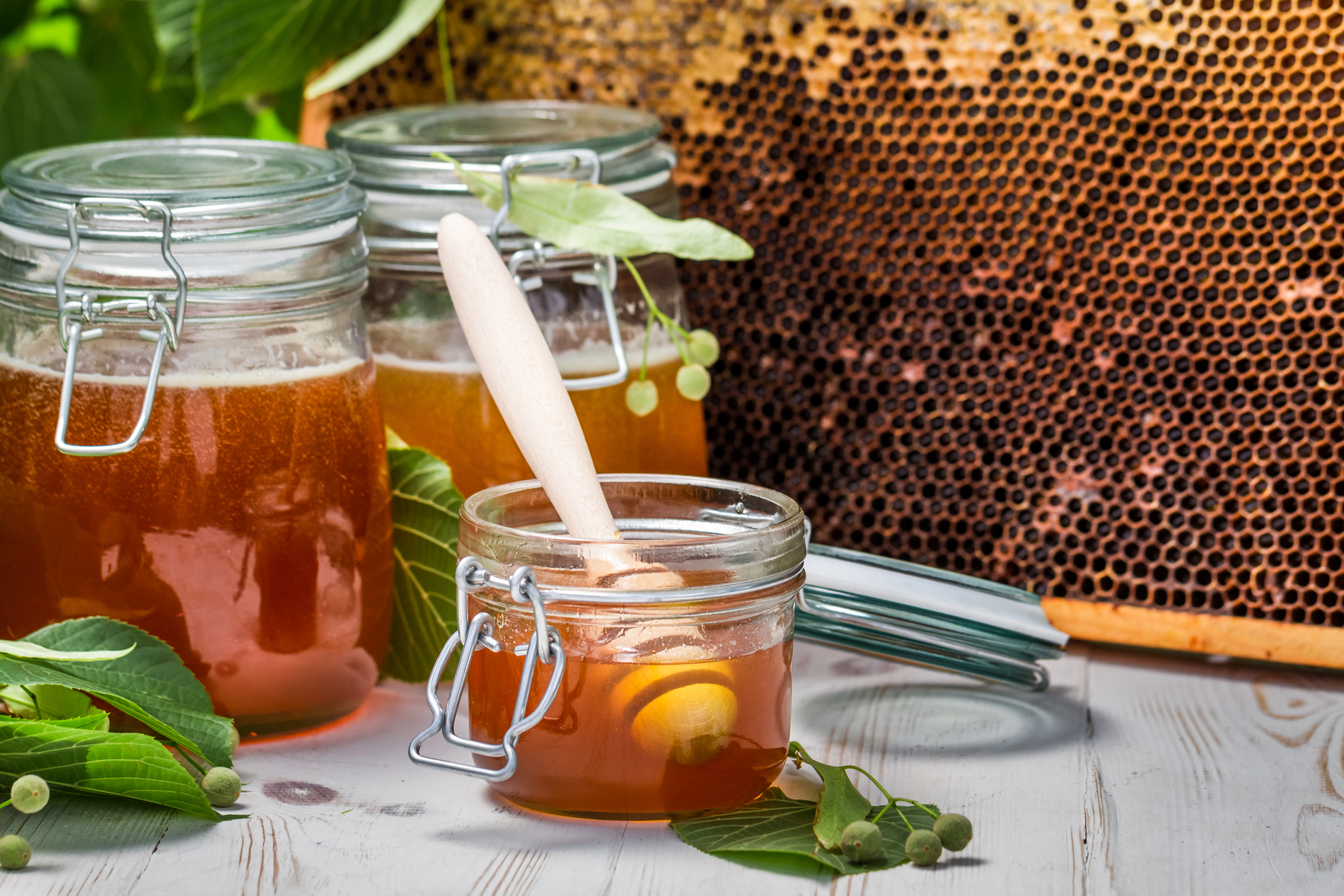
A delightful traditional remedy for coughing is honey. It soothes irritation, coats your throat, and may even help prevent minor infections. For immediate comfort, take a spoonful straight or stir it into warm tea. (Remember that babies younger than one year old shouldn’t consume honey.)
2. Ginger
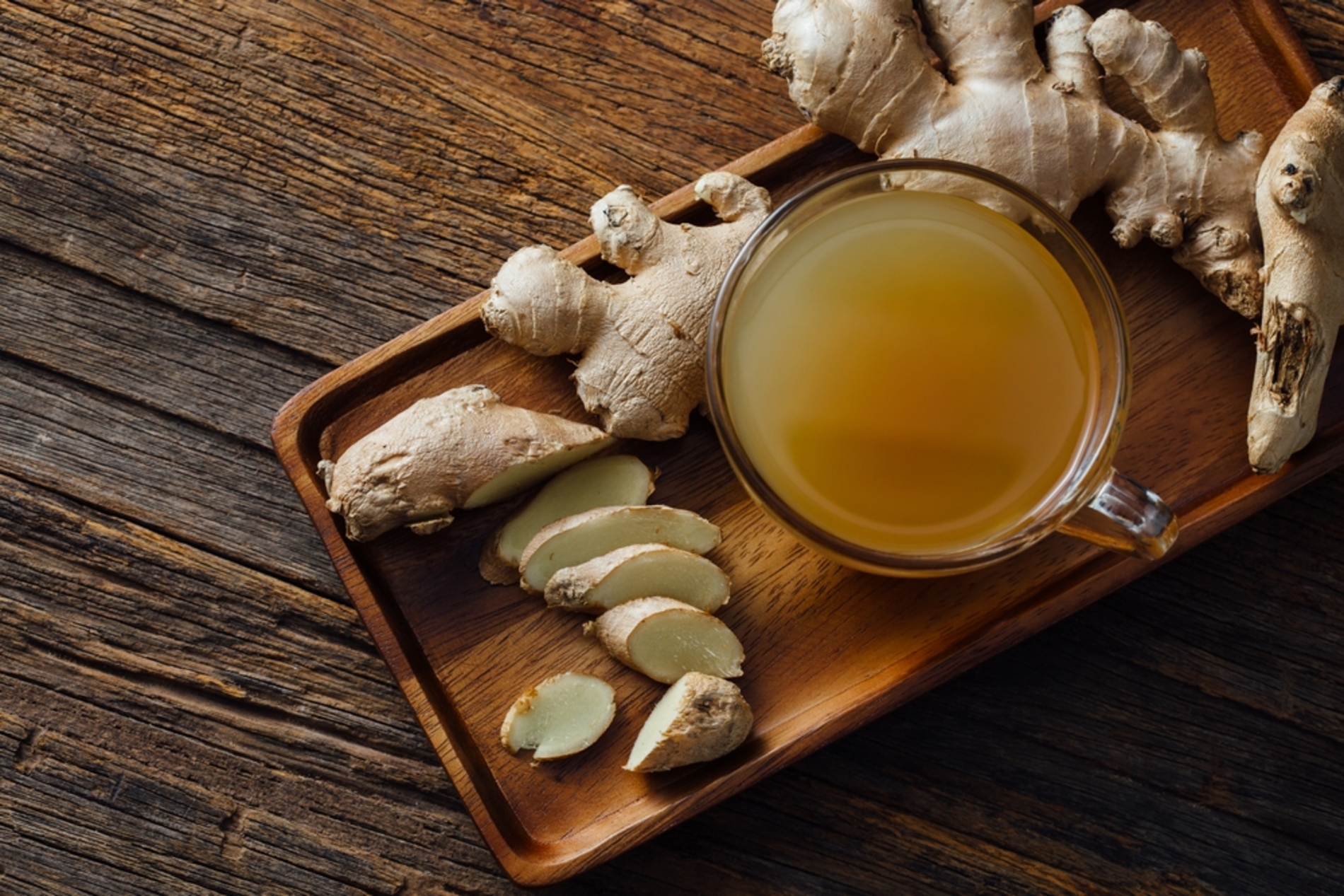
Ginger has anti-inflammatory qualities that relax your airways and stop coughing fits. It is spicy but calming. Although ginger tea is a comforting option, don’t use too much of it as it can cause stomach distress.
3. Garlic
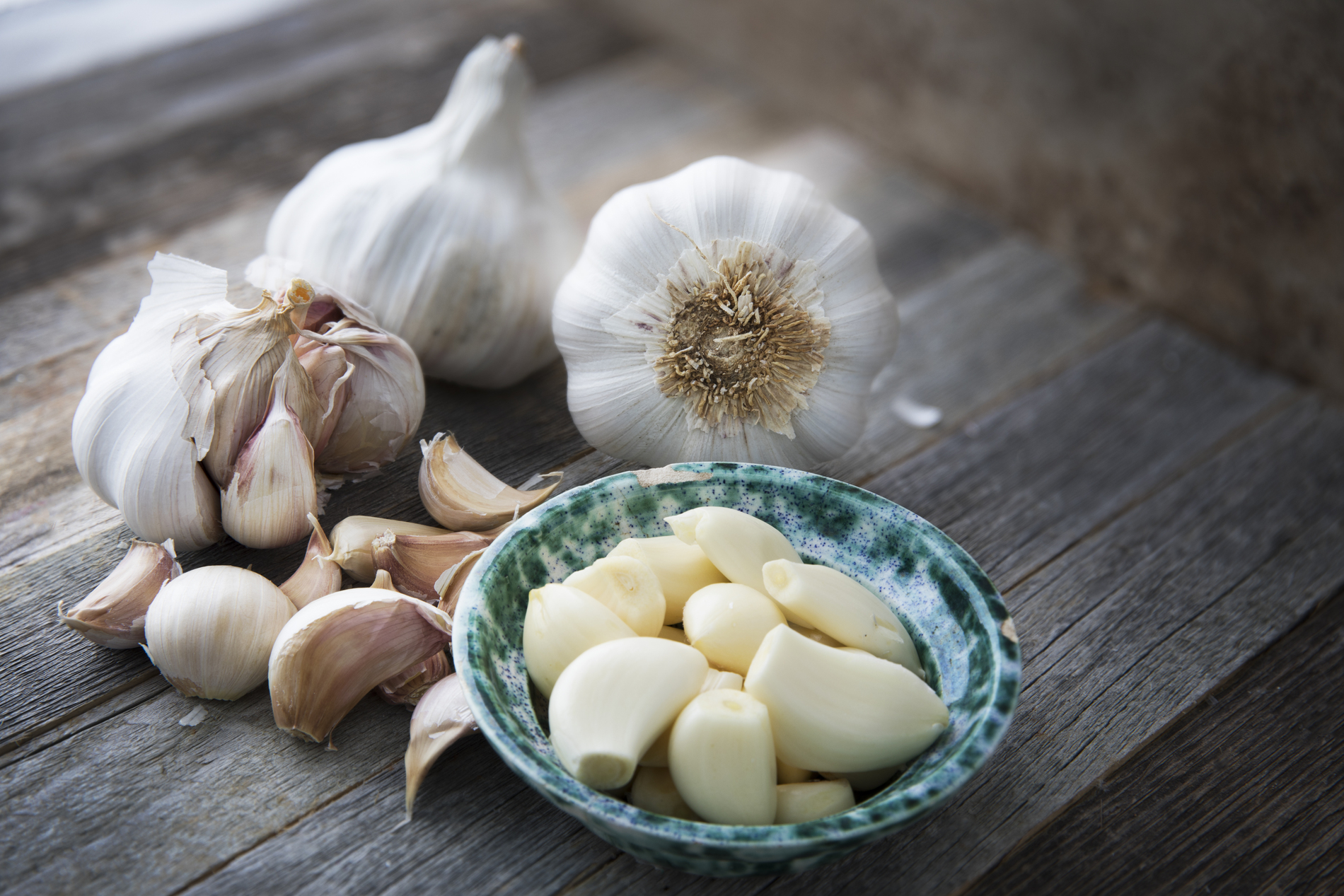
Garlic is full of natural compounds that help your immune system, but it may not win any contests for breath-freshness. Meals containing fresh garlic may provide a mild relief from coughing irritation.
4. Turmeric
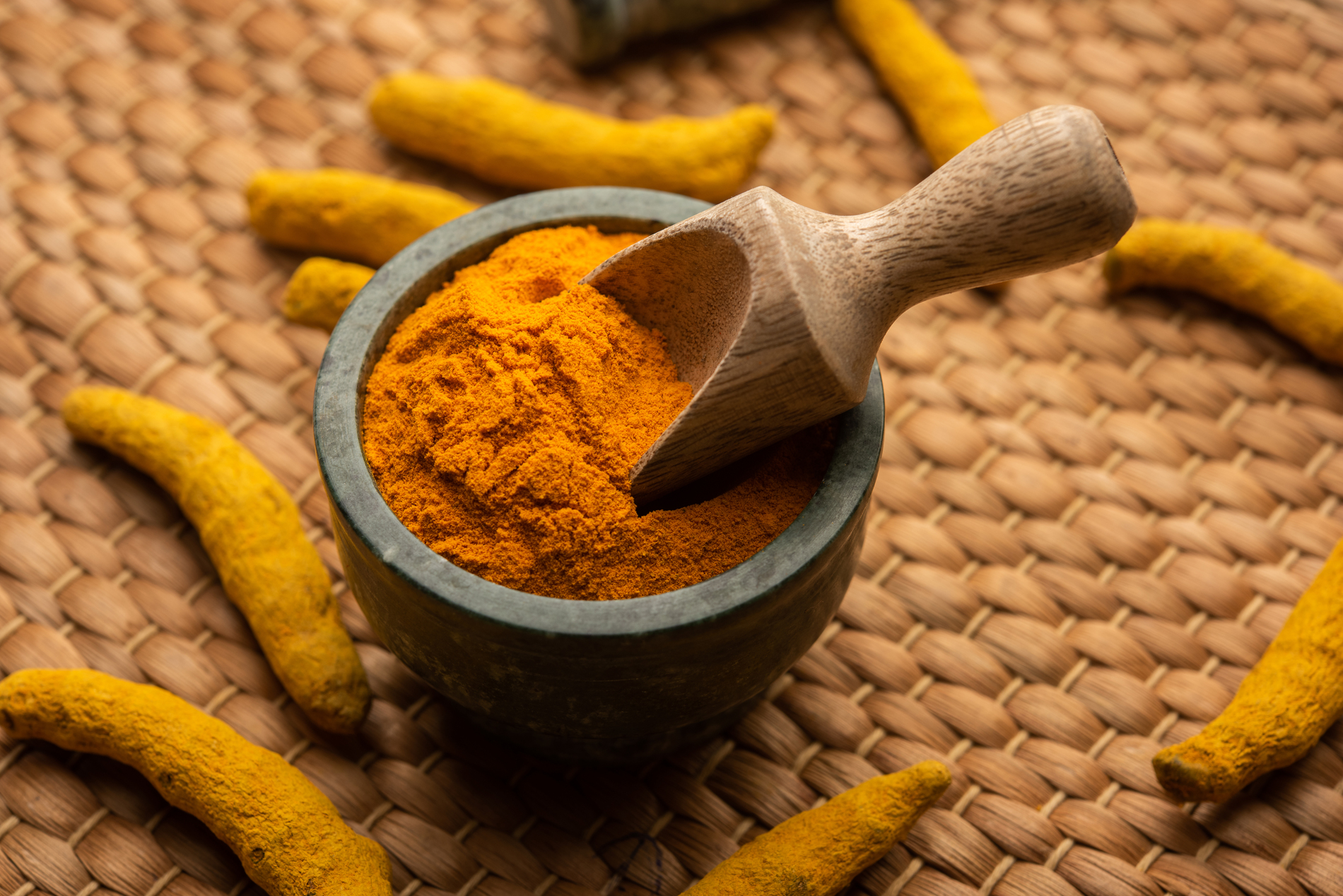
Curcumin, a compound found in golden turmeric, has calming properties. Warm golden milk or turmeric tea are soothing ways to relieve sore throats.
5. Chili Peppers (Capsaicin)

You might already be onto something if you like spicy food. Chili peppers contain capsaicin, which reduces cough reflexes. If you’re not used to spice, start out slowly because it can irritate sensitive throats.
6. Saltwater Gargle

Gargling with warm salt water is easy yet effective. It lessens irritation and swelling of the throat. To keep your throat feeling better, try gargling a couple of times each day.
7. Stay Hydrated

Drinking liquids keeps your throat hydrated and stops irritation from getting worse. For a dry cough, herbal teas such as licorice root, marshmallow root, peppermint, or thyme are particularly calming.
8. Cough Drops

Lozenges, particularly those containing menthol, can temporarily relieve sore throats by numbing them. Have some on hand in case you get a cough while you’re out and about.
9. Over-the-Counter Medicine

Many cough syrups, such as Robitussin or Delsym, contain dextromethorphan, which can help relieve a chronic dry cough. If you’re not sure which option is best for you, ask your doctor or a pharmacist.
10. Steam Inhalation

Inhaling warm steam eases irritation in the throat and hydrates dry airways. For convenience, use a store-bought steam inhaler or try a bowl of hot water with a towel over your head.
11. Licorice Root Tea
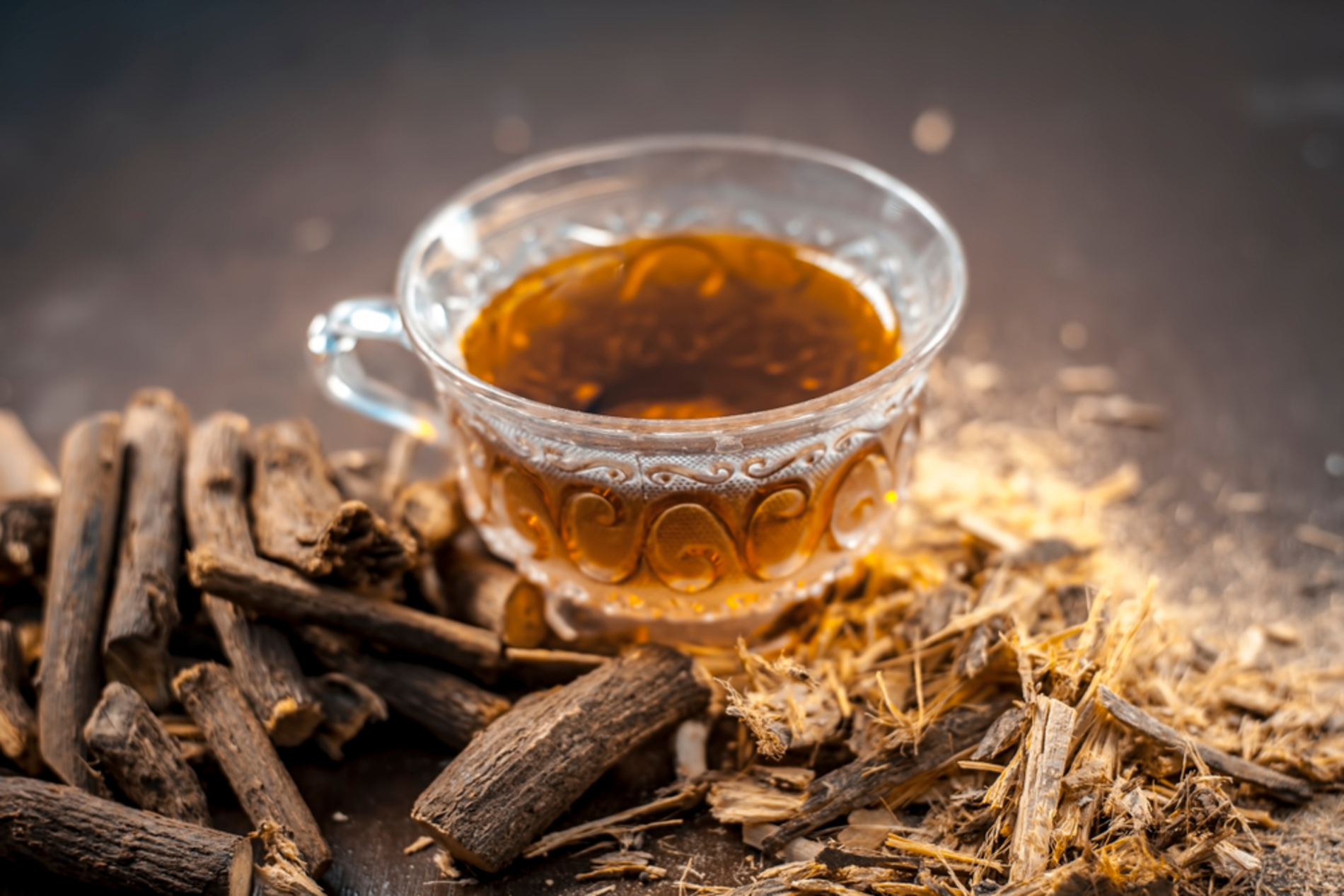
For centuries, people have used this age-old cure to ease coughs and sore throats. You may find that a warm cup of licorice root tea helps soothe and coat your throat. (Just stay away from excessive use over time, as it can cause blood pressure to rise.)
12. Marjoram Tea
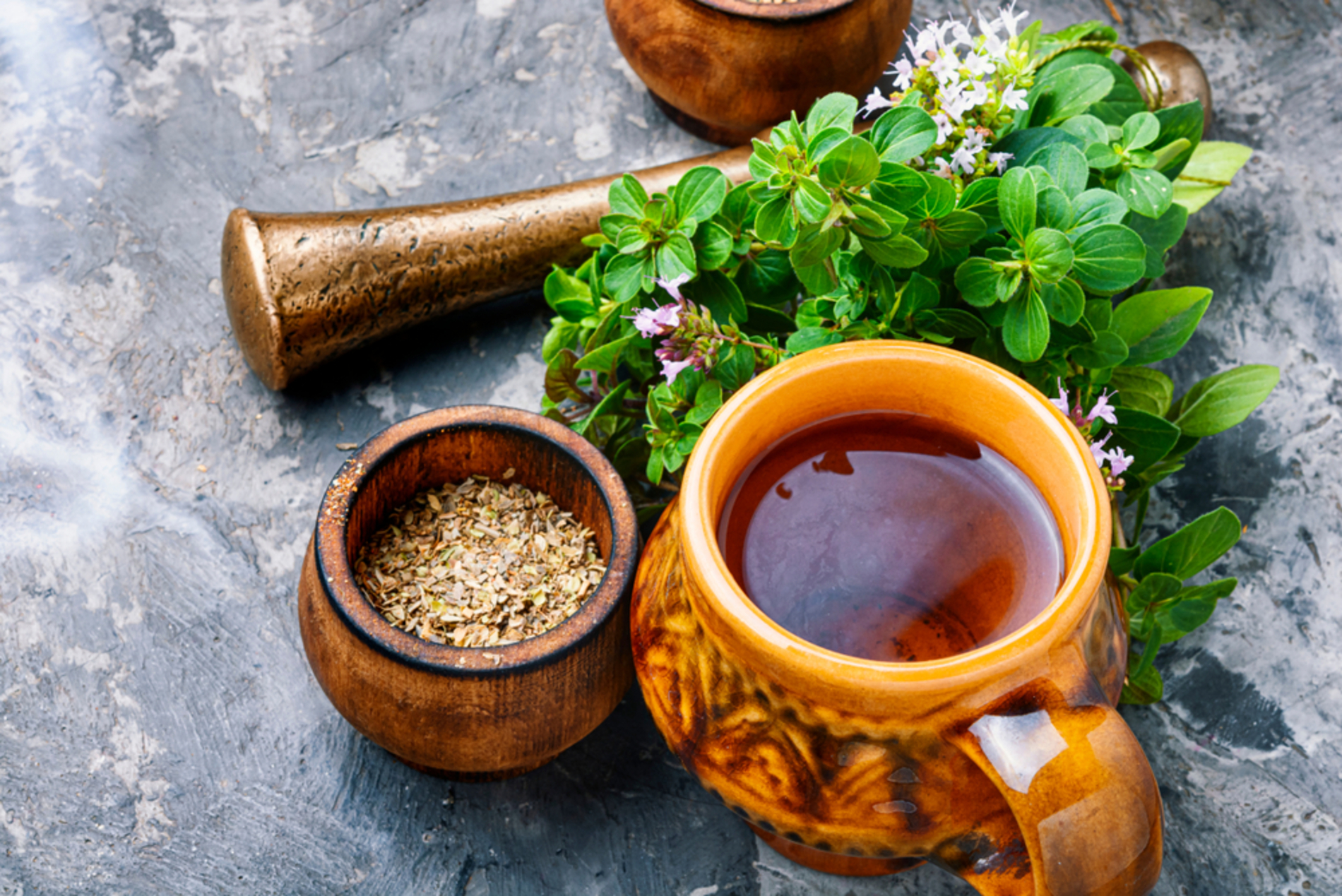
This fragrant herb, which is related to oregano, contains calming plant compounds that may help relieve coughing. Make a mild tea with dried marjoram leaves and sip it several times throughout the day.
13. Marshmallow Root
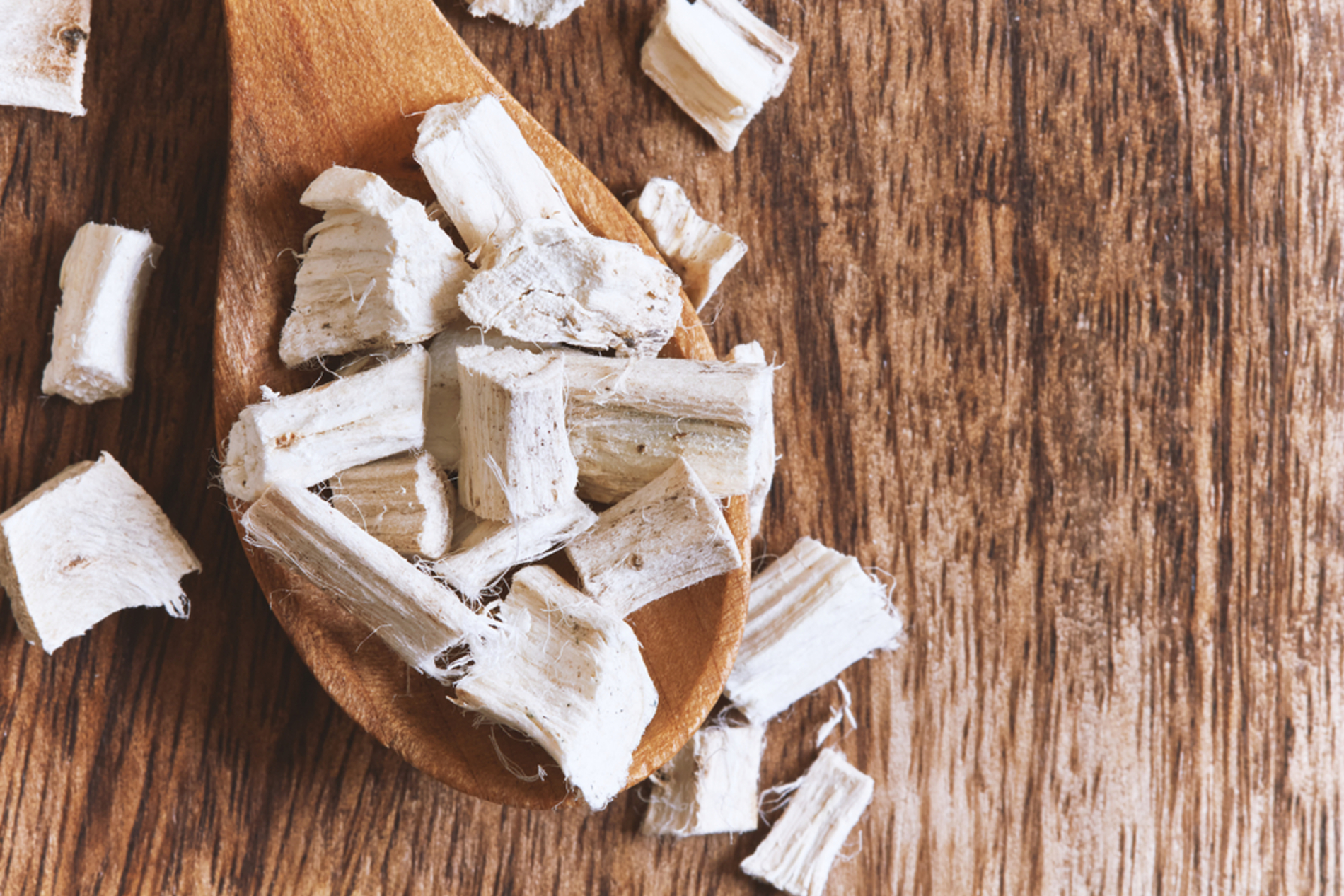
Not the fluffy white candy, marshmallow root is a traditional herbal remedy that coats your throat in a calming way. It can be found in syrups, lozenges, and teas made to relieve dry coughs.
14. Thyme
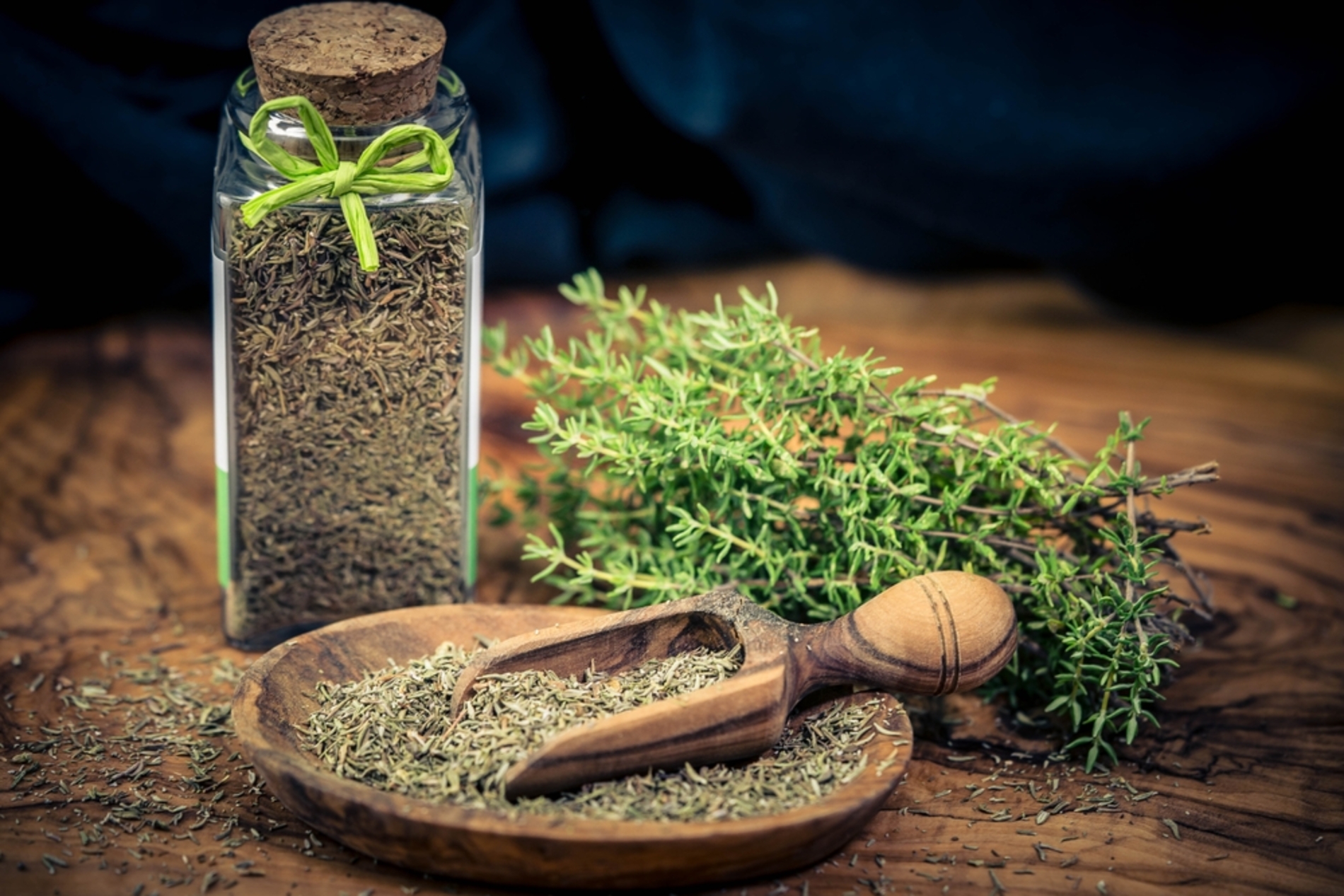
Since the Middle Ages, thyme tea has been used to soothe sore throats and coughs. To double the calming effects of your thyme tea, add a spoonful of honey.
15. Holy Basil (Tulsi)
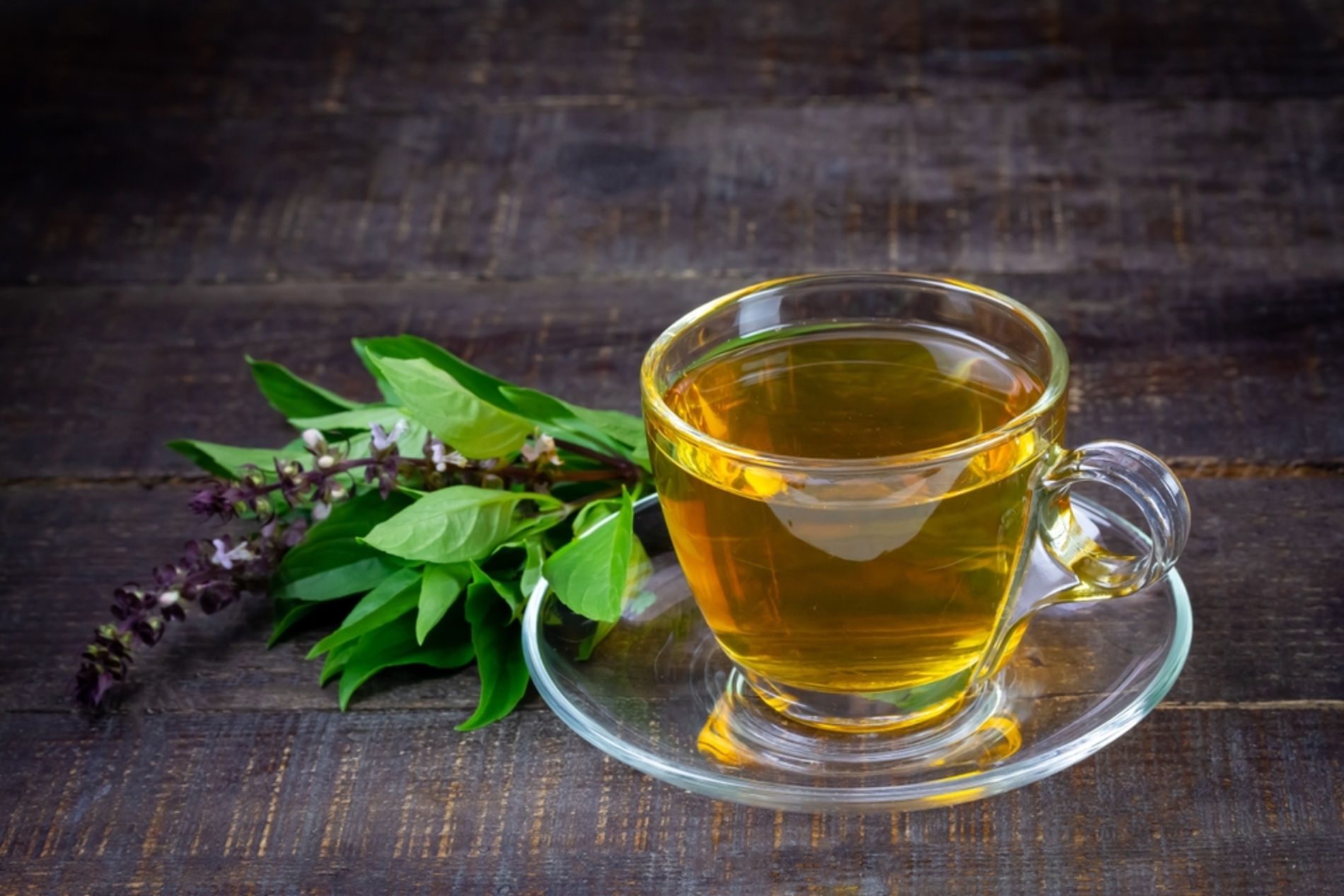
In Indian medicine, this revered herb is frequently used to treat respiratory irritation and coughs. Savor it as a tea or in a steam bowl with a few drops of extract.
16. Aromatherapy
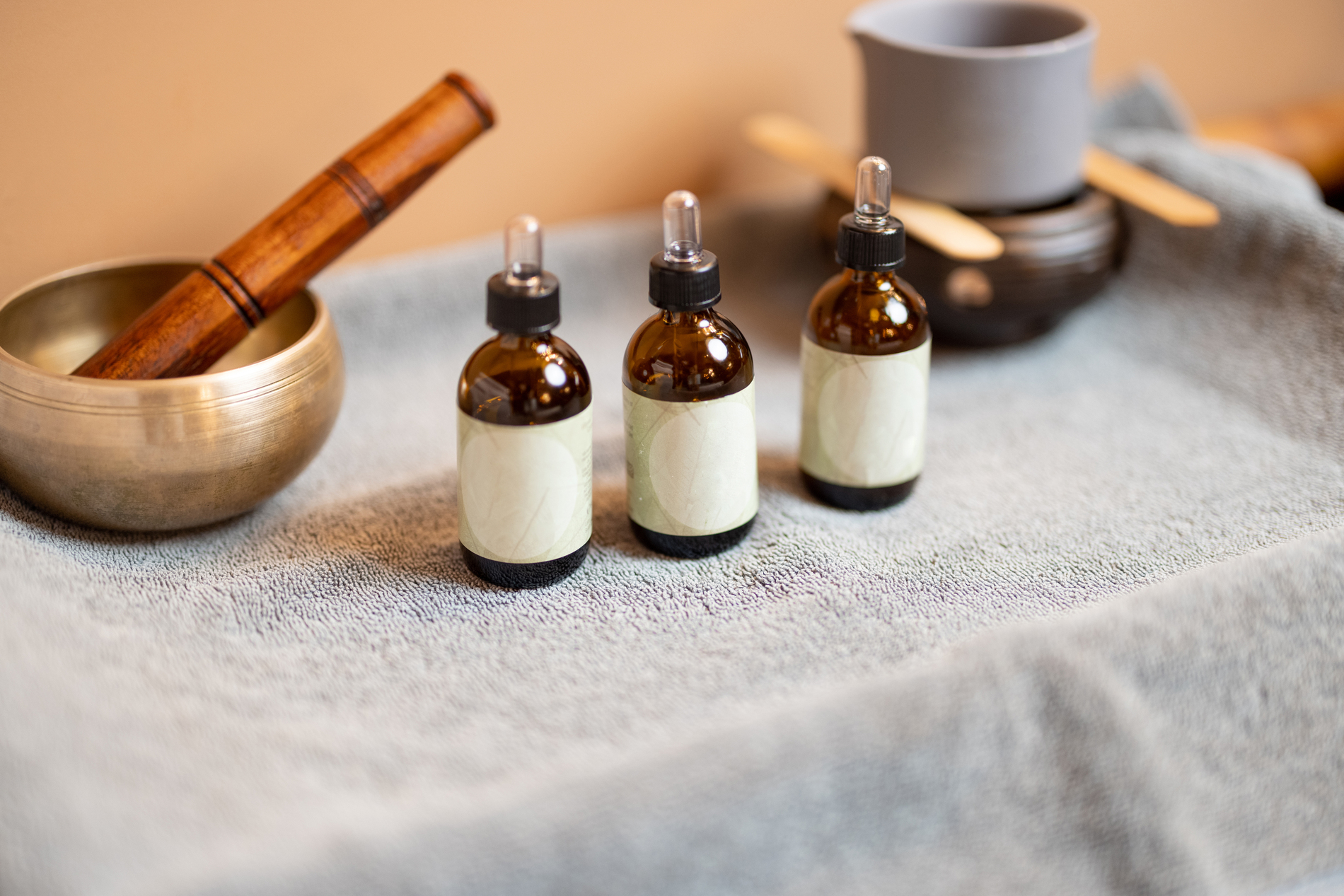
To create a relaxing environment for your airways, use essential oils such as thyme, peppermint, and eucalyptus in a diffuser. Just use them sparingly and safely.
What Causes a Dry Cough?

There are numerous causes of a dry cough:
- Dry indoor air, particularly in the winter.
- Allergies: Your throat may become irritated by dust, pollen, and pet dander.
- Sometimes the only obvious symptom of asthma is a cough.
- A tickling cough may be caused by stomach acid seeping upward, or acid reflux.
- Coughing is listed as a side effect of some medications, such as ACE inhibitors.
When to Call Your Doctor

The majority of dry coughs are benign and go away with easy fixes. However, it’s crucial to get examined if:
- Your cough persists for more than two weeks.
- You’re coughing up pinkish mucus or blood.
- You experience shortness of breath, wheezing, or chest pain.
- Your cough is getting worse or keeps you up at night.
Although a dry cough can be bothersome, there are usually simple ways to treat it. There are many ways to find relief at home, such as taking steam inhalation or drinking warm tea. Just keep in mind not to ignore your cough if it persists or gets worse. For long-lasting relief, consult your healthcare provider.




